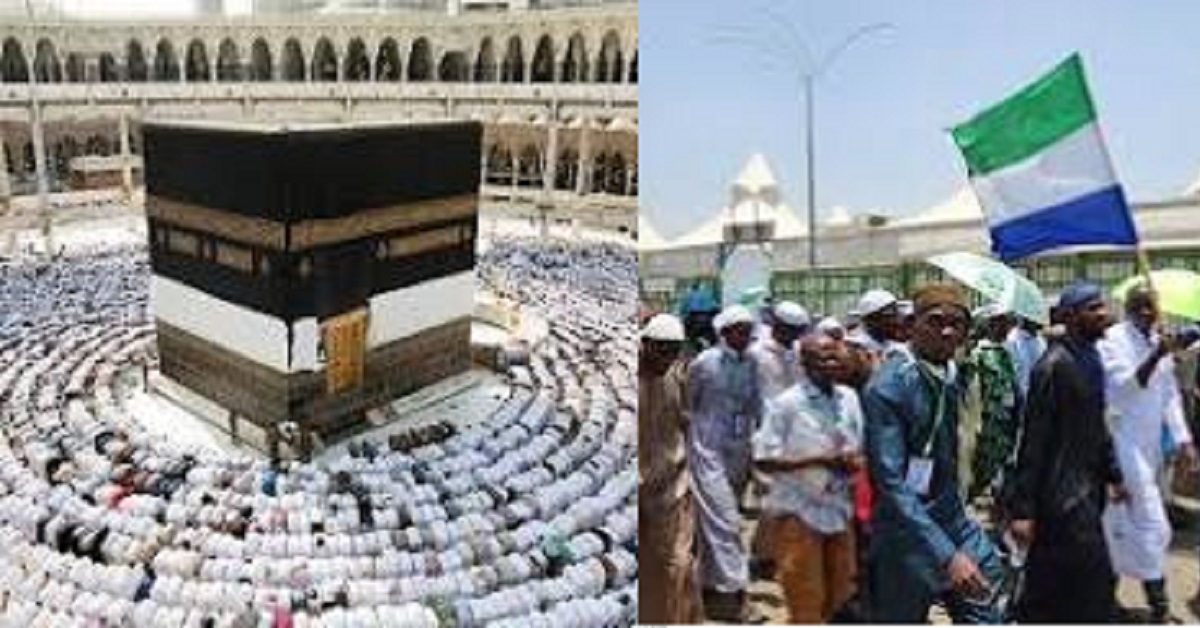Dr. Mohamed Alex Vandi, Deputy Executive Director of the National Public Health Agency, announced a massive health operation, during an emergency presser held at the Ministry of Health and Sanitation’s Emergency Operations Centre (EOC) on Wilkinson Road, Freetown on Thursday.
He said all 613 pilgrims returning from Mecca are to be screened for a staggering 14 viruses, including the notorious COVID-19 and other respiratory diseases.
The first batch of 267 pilgrims are set to touch down at Freetown International Airport on Saturday, 6th July. The health authorities are pulling out all the stops, setting up ten screening booths to ensure a swift and seamless process. However, on 8 July, the second batch of 346 pilgrims will also undergo the same screening upon their arrival.
Dr Vandi emphasized the dire need for these precautions, citing the annual gathering in Mecca as one of the most intense congregations in the world, drawing nearly two million people from across the globe. “It is virtually impossible to maintain social distancing in such a smelting religious pot,” he remarked, underscoring the significant health risks involved.
The National Public Health Agency, in collaboration with the Ministry of Health, Ministry of Social Welfare, and the Government of Sierra Leone, is determined to safely welcome back the pilgrims and ensure the safety of their families. “COVID-19 might no longer be a public health threat of international concern, but it remains a national concern,” Dr Vandi stressed. Despite the lack of COVID measures at airports and roadblocks, the country continues to test individuals showing symptoms at health facilities.
Recognizing the vulnerability of the aged pilgrims and their exposure to millions during the Hajj, the authorities have meticulously planned precautionary measures. An advanced team is already deployed at Lungi to ensure a seamless process, aiming for a 3 to 5-minute screening per person. “We are not saying they have COVID; this is just a precautionary measure, so there is no need to panic,” Dr Vandi reassured.
Deputy Minister of Social Welfare, Mohamed Haji-Kella, echoed these sentiments, highlighting the necessity of these measures to safeguard public health. He affirmed that the plan is in its final stages and that full support will be provided to ensure compliance with public health laws.
To keep the public informed, extensive traditional and new media engagements are planned. The message is clear: “no one is safe until all of us are safe,” echoed the Risk Communication Lead, Harold Thomas.












Kudos to our Health Ministry Officials for providing such precautionary measures for our people. It is indeed a necessity to ensure everyone is safe